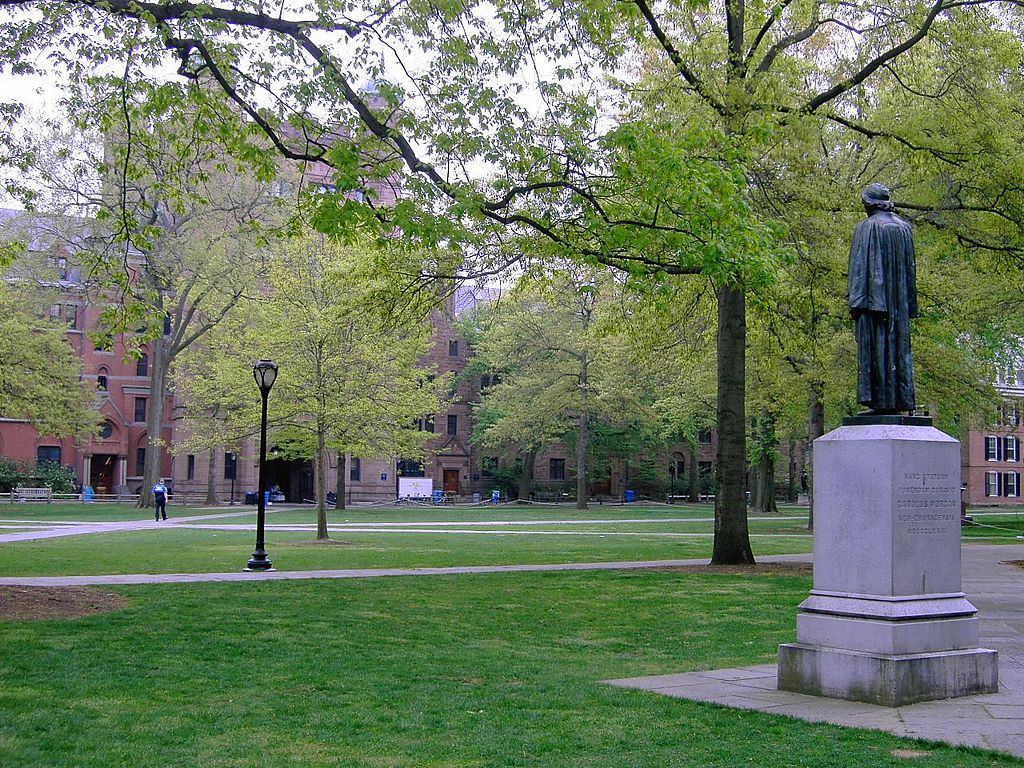Elite colleges still aren’t worth the cost for most students
True or false: A good student who attends Yale will have much better outcomes (higher salaries and more job opportunities) than a good student who attends a state university.
If you answered true, you’re wrong. And this widely-held belief is one of the main reasons families and students end up overpaying for “elite” universities.
Up to 100,000 students apply to elite colleges every year, but very few are accepted. Some are accepted, but can’t afford to attend.
And you know what? The ones that attend a less “prestigious” university, such as a state college, aren’t any worse for it in the long run, studies have shown.
Attending an elite college won’t affect your income
While students (and their parents) often feel the pressure to be accepted into an elite, expensive college, many studies have shown that it does not make a difference in the student’s future earnings or success.
A recent article in The Atlantic outlined a study that followed students that attended college in the 1970s and 1990s attempting to find out if graduates who attended the most elite colleges earned more in their 30s, 40s, and 50s than students with similar SAT scores who were rejected from those colleges and attended less selective schools.
It turned out there was no difference in the outcomes between these groups of students. In the author’s language, the difference between the groups of students was “indistinguishable from zero.”

For most students, attending an elite college like Yale won’t make a difference in their future earnings or success. Image: makemake (Own work (Original text: eigenes Foto)) [GFDL or CC-BY-SA-3.0], via Wikimedia Commons
As Derek Thompson writes in the article,
After correcting for a student’s pre-existing talent, ambition, and habits, it’s hard to show that highly selective colleges add much earning power, even with their vaunted professors, professional networks, and signaling.
If you’re one of the roughly 50,000-100,000 students who is sweating a decision from one of these tony schools, you’re focused on the wrong thing.
In short, an “A” student attending Harvard won’t be any better off than an “A” student attending his or her state college on a scholarship — so they’d be better off saving their money and avoiding taking on student debt to pay for college.
Minority students may benefit from prestigious colleges
There was an exception to the rule about elite colleges’ lack of impact on graduate earnings, however.
The study found that attending an elite college did make an “extraordinary difference” in life earnings for “black and Hispanic students” and “students who had parents with an average of less than 16 years of schooling.”
The researchers concluded that minority students and students from less-educated families are more likely to rely on colleges to provide the internship and job networks that wealthier students have immediate access to. Thus, attending a prestigious college provides them with additional opportunities that they would not otherwise have and helps increase their earning power and success.
Unfortunately, as the article points out, these are precisely the type of students least likely to attend elite colleges in the first place — not due to a lack of talent, but instead a lack of opportunity.
High-achieving, low-income students are extremely unlikely to apply to Ivy League and other prestigious colleges, in part because these colleges don’t market themselves to students in poorer areas.
But, as we’ve written, low-income, high achieving students can often receive extremely large financial aid packages, or even full scholarships, at elite colleges due to the schools’ huge endowments, which is why it’s important for all students, especially those who are low-income, to apply to several colleges regardless of their ability to pay.
You’ll never know how much a college actually costs until you receive your financial aid award letter, and you may find that a college with a high sticker price is actually more affordable than one with a lower published price after financial aid.
Don’t pay more for an ‘elite’ college
While not every student has the choice to attend an elite college, this study proves that if you’re deciding between multiple colleges and there are significant differences in price, you should really think hard before dishing out the extra cash (or taking out student loans) to pay for the more expensive college.
Studies have shown the detrimental effects of student debt, including stress, putting off life events like getting married or purchasing a house, and even reduced creativity.
If you get a large scholarship to an elite college and you want to attend, that’s great. But elite colleges don’t buy happiness, and they’re certainly not worth hampering your financial future for by saddling you with tens (or hundreds) of thousands of dollars in student debt.
We help students and families find ways to make college more affordable and maximize their financial aid awards.
If you’d like to learn how we can help guide you through the financial aid process and reduce your college costs, call us at 1-888-234-3907 or send us a message and we’ll get back to you ASAP.
choosing a college, college affordability, elite colleges, Ivy League colleges, return on investment
